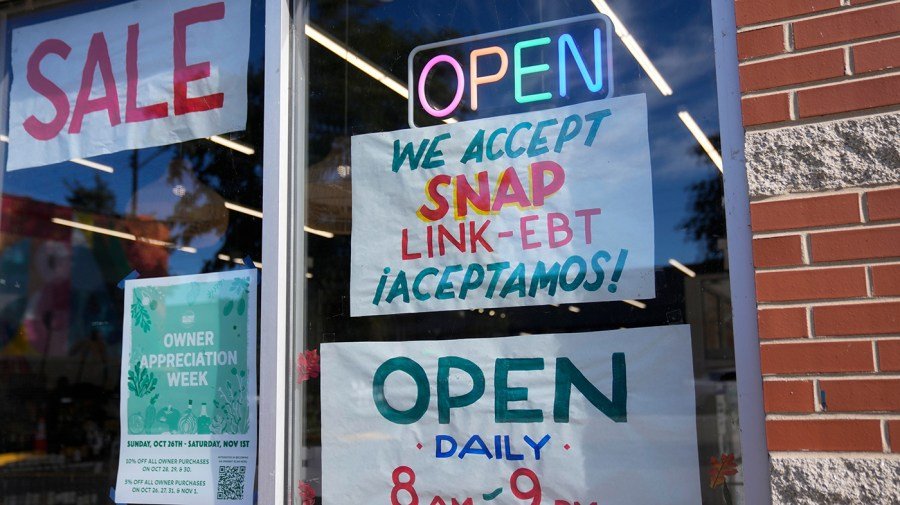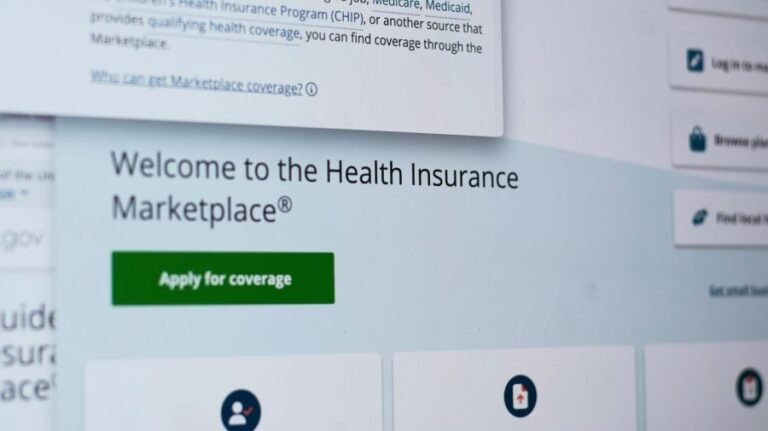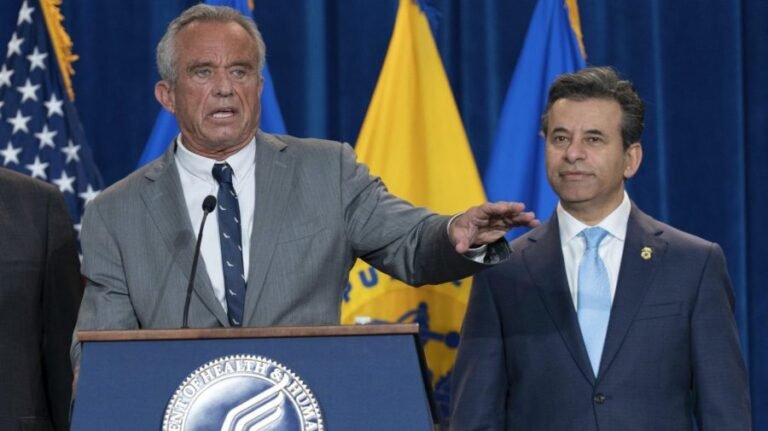
Starting Saturday, Supplemental Nutrition Assistance Program (SNAP) benefits for millions are in jeopardy as the impacts of the weeks-long federal government shutdown expand.
The U.S. Department of Agriculture (USDA), which administers the food stamp program, said last week it will not use more than $5 million in contingency funding that Congress had allocated for emergency scenarios. Next month’s SNAP benefits are estimated at $8 billion.
SNAP funding is given to states monthly, with the federal government and states splitting administrative costs and states operating their own programs.
In fiscal year 2024, roughly 41.7 million people received SNAP benefits monthly, according to the USDA. The federal government spent $99.8 billion on the program, amounting to roughly $187.20 per recipient per month.
With the clock ticking, though, states around the country, from Texas to Florida to New York, are sounding the alarm. According to the Center on Budget and Policy Priorities, a think tank dedicated to combatting poverty and inequality, at least 5 percent of the residents of every state and Washington, D.C., received SNAP benefits in fiscal year 2024.
New Mexico, at 21 percent, had the highest share of residents receiving SNAP benefits, followed by the nation’s capital at 20 percent, Louisiana and Oregon at 18 percent and Oklahoma at 17 percent.
Massachusetts, at 16 percent, and Illinois, Michigan, Nevada and Pennsylvania, all at 15 percent, round out the top 10.
The USDA, in a Friday memo, argued that the SNAP contingency fund can only be used in the aftermath of unforeseen events, such as natural disasters.
But in a since-deleted shutdown plan the USDA published on Sept. 30, the department noted that it is congressionally mandated to allocate SNAP benefits using the contingency fund during the funding lapse.

